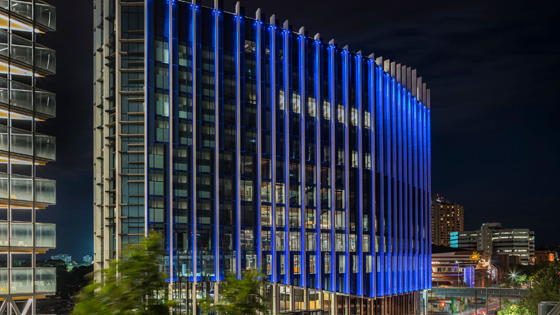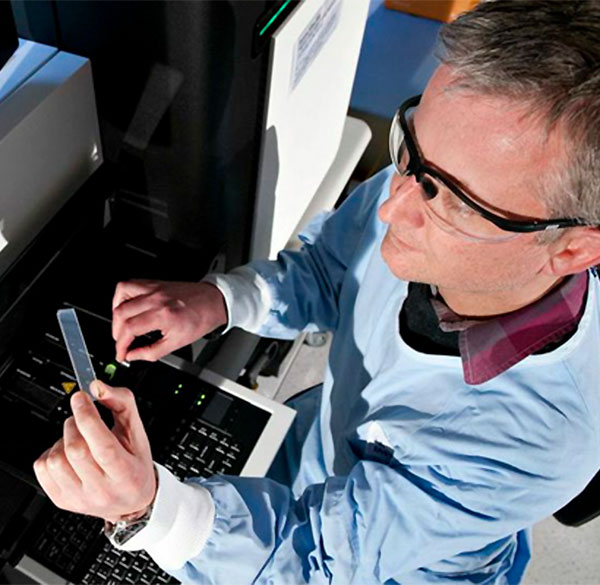At the University of South Australia we have cancer in our sights and are coming after it with everything we have. You, too, can join the fight. By donating to the UniSA Fight Against Cancer fund, together we can continue to bring our world-leading discoveries and treatments to patients sooner so we can save lives faster.
Dr Tessa Gargett is an early career researcher whose work in immunotherapy is achieving significant impact for patients fighting these aggressive cancers. Watch the timelapse video above to see how effective her work is in killing cancer cells.
Soon her findings will be applied to treating children and adults with deadly brain cancers.
Dr Gargett is part of group of researchers led by Professor Michael Brown, working within the Centre for Cancer Biology - housed in UniSA’s Cancer Research Institute building – and in collaboration with the Cancer Clinical Trials Unit at the Royal Adelaide Hospital.
Professor Brown's team is one of only two teams in Australia conducting CAR T cell immunotherapy clinical trials in patients with difficult-to-treat solid cancers. The team is currently running a clinical trial in melanoma at the Royal Adelaide Hospital, which will extend to sarcoma and breast cancer later in the year.
Tessa is focusing her work on the highly aggressive glioblastoma and DIPG brain tumours, which are heartbreaking for families as currently very little can be done to save the young children and adults who are diagnosed with these cancers.
“Our lab specialises in developing novel immune-based therapies that stimulate the immune system to attack and kill cancer,” she explains.
“We have had some success trialling a targeted CAR-T cell therapy in melanoma patients.
"We know that the cellular target we are using in melanoma is also expressed in brain and other cancers, so now we are working toward extending our trials so more patients can ultimately benefit – particularly for brain cancer patients as the outcomes are often so devastating.”
Once the safety of using this treatment on brain tumours is confirmed, the next step will be to trial the therapy on patients at the Royal Adelaide Hospital and the Sydney Children's Hospital Kids Cancer Centre in 2020 and to give hope to families faced with this deadly disease.
“DIPG is a heart-breaking disease for families because there is often nothing that can be done for these young children. We hope that our research will ultimately lead to some hope for these families and adults with glioblastoma by adding to the research that will one day improve their odds of survival,” says Tessa.
There are more than 300 world-class cancer researchers in UniSA’s Cancer Research Institute building, and dozens of research projects underway within the laboratories. Many are close to helping real patients and simply need the funding to make that happen.
You can Join the Fight and help to get these potentially life-saving results out from under the microscope.

When you give today, 100% of your donation will go directly to the researchers - with no admin fees or hidden costs.
The University of South Australia (UniSA) is committed to tackling one of our most challenging diseases – cancer – by establishing the largest cohort of cancer researchers ever assembled in South Australia. Every day our experts are getting one-step closer to saving more lives as well as improving the quality of life for cancer survivors. But they need your help.
